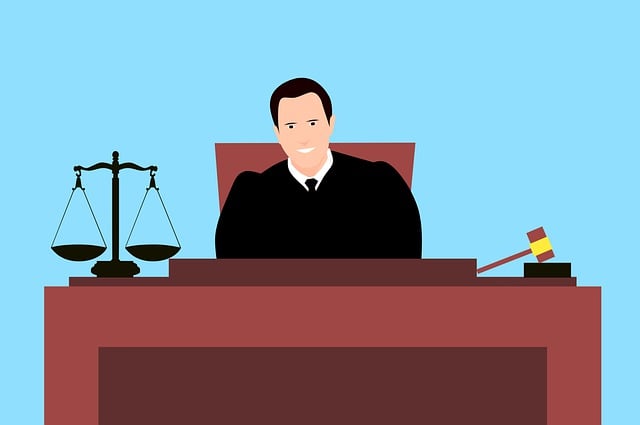Oregon's criminal justice system prioritizes fair trial advocacy to balance public safety and individual rights. Criminal defense attorneys play a crucial role in this process, ensuring all defendants have access to legal representation, an impartial jury, and protection from self-incrimination. By navigating complex laws and regulations, challenging evidence, and protecting client rights, these attorneys contribute to just and equitable outcomes. Fair trial advocacy is essential for accessible and impartial justice, fostering trust in the system and safeguarding the rights of all individuals. Effective representation requires a deep understanding of Oregon's criminal defense regulations and strategic considerations to ensure every person receives a thorough and fair hearing.
In Oregon, knowledgeable criminal defense is paramount for ensuring a just and fair trial. This article delves into the intricacies of Oregon’s criminal justice system, providing a foundational understanding for advocates. We explore key aspects such as the right to counsel and the presumption of innocence, highlighting their crucial role in protecting accused individuals. Furthermore, we navigate the complex laws and procedures, offering strategies for quality defense that empower clients through knowledge and fair trial principles.
- Understanding Oregon's Criminal Justice System: A Foundation for Fair Trial Advocacy
- The Right to Counsel: Ensuring Accused Individuals are Knowledgeable of Their Legal Rights
- Presumptions of Innocence and the Burden of Proof: Safeguarding Against Unjust Convictions
- Challenges in Oregon Criminal Defense: Navigating Complex Laws and Procedures for Effective Advocacy
- Strategies for Providing Quality Defense: Empowering Accused Persons Through Knowledge and Fair Trial Principles
Understanding Oregon's Criminal Justice System: A Foundation for Fair Trial Advocacy

Oregon’s criminal justice system is a complex web of laws, procedures, and institutions designed to balance public safety with individual rights. Understanding this framework is crucial for anyone involved in or advocating for criminal defense cases. At its core, Oregon’s system aims to provide a fair trial, ensuring that every defendant has the right to legal representation, a prompt and public trial by an impartial jury, and protection from self-incrimination.
This foundation of fairness is paramount for effective advocacy. Criminal defense attorneys play a vital role in navigating this system, challenging evidence, protecting their clients’ rights, and ensuring that justice is served without bias or prejudice. By mastering Oregon’s criminal defense regulations, legal professionals can offer robust support to those accused, ultimately contributing to a more just and equitable outcome for all parties involved.
The Right to Counsel: Ensuring Accused Individuals are Knowledgeable of Their Legal Rights

In Oregon, the right to counsel is a cornerstone of criminal defense, ensuring that accused individuals are protected and informed about their legal rights. This fundamental right allows defendants to have an attorney represent them during any stage of a criminal proceeding, providing vital assistance in navigating complex legal systems. It also includes the right to effective assistance of counsel, guaranteeing fair trial advocacy.
Knowledgeable representation is crucial for several reasons. An attorney can help explain intricate legal concepts, ensuring the accused understands their options and potential outcomes. They facilitate communication between the defendant, witnesses, and the court, fostering a more transparent and just process. Moreover, experienced defense attorneys use their knowledge of Oregon criminal defense regulations to build robust strategies, challenging the prosecution’s case and protecting their client’s interests.
Presumptions of Innocence and the Burden of Proof: Safeguarding Against Unjust Convictions

Challenges in Oregon Criminal Defense: Navigating Complex Laws and Procedures for Effective Advocacy

Navigating Oregon’s criminal defense regulations presents unique challenges for attorneys, demanding a deep understanding of complex laws and procedures. The state’s legal framework is intricate, with various statutes, court rulings, and constitutional provisions shaping criminal cases. Effective advocacy requires attorneys to master these nuances, ensuring their clients receive a fair trial.
One significant hurdle is the extensive list of defenses available to accused individuals, each requiring specific strategic considerations. From challenges to evidence admissibility to arguments based on legal precedents, defense lawyers must stay abreast of case law and legislative changes. Moreover, Oregon’s procedural rules can be meticulous, dictating timeframes, notification requirements, and evidence disclosure protocols. Proficiency in these areas is crucial for constructing robust defenses and navigating the often-labyrinthine criminal justice system.
Strategies for Providing Quality Defense: Empowering Accused Persons Through Knowledge and Fair Trial Principles







